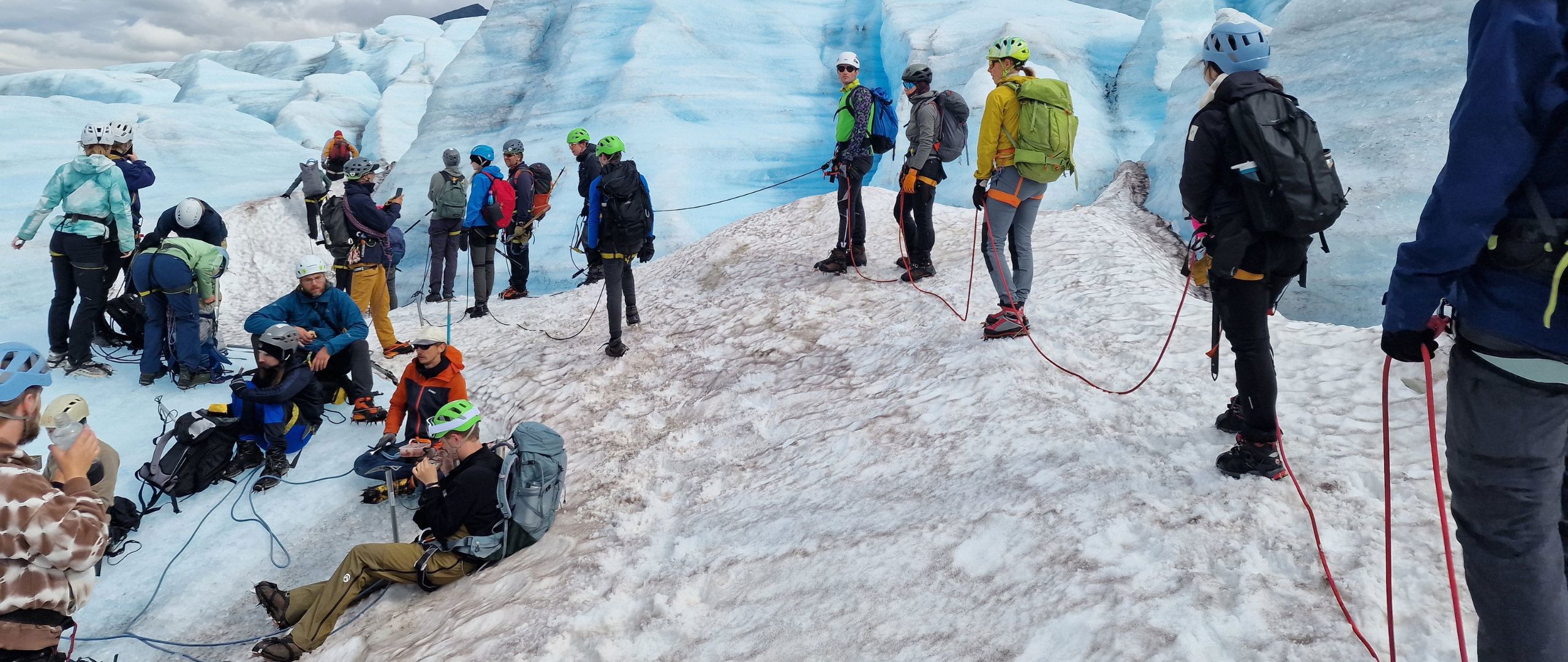
Admission and how to apply
Admission requirements
The following requirements need to be fulfilled:
1. Bachelor’s degree with a relevant specialization in natural sciences, social sciences, humanities, technology or engineering. The specialization must be relevant for climate and environment studies, for example: energy and environmental sciences, governance and policy, green technology and transition, geosciences and natural hazards or a combination of topics.
2. The grade point average of your bachelor's degree must be C or better.
3. Applicants from outside the Nordic countries must provide evidence of their academic achievements
and proficiency in English. See our page for how to document proficiency in English.
See the list of all required documents here.
Norwegian applicants Deadline: April 15th 2026.
Admission to HVL
Why study Climate Change Management?
Welcome to the amazing Sogndal – the perfect laboratory for studying climate change! With easy access to fjords, mountains and glaciers, Sogndal offers you a unique opportunity to explore and understand the impacts of climate change on society and the natural environment up close. Here, you will meet students from all over the world and can share your own experiences with climate change, while becoming part of an international research environment with broad expertise in climate, nature, energy, and sustainability.
In our master's program, you will learn about the challenges related to climate change, and we will explore solutions through a holistic approach that emphasizes both scientific and social science perspectives. The study culminates in a master's thesis where you can immerse yourself in a topic you are passionate about.
You will learn about
- how climate change affects societies and ecosystems.
- social transformation, climate policy, consumer behaviour, and circular economy
- climate models and climate projections used to analyse and evaluate various future scenarios
- transitioning energy production, energy consumption, and energy systems in a climate-friendly direction
- necessary considerations in land-use planning, including landslide and flood risk
- positive and negative interactions between climate change, climate measures, the nature crisis, and sustainable development
- nature-based solutions to climate challenges
By studying Climate Change Management you become part of the solution to one of the greatest challenges of our time. You develop skills and insights that make you attractive to the current job market, ensuring you a meaningful career where you can make a difference.
What kind of jobs are you prepared for?
After completing the master's program, you have many career opportunities. Examples include:
- Planning and management: Working within municipalities, regions, and directorates, for example, planning land use for roads, railways, and housing.
- Environmental, climate, and energy advising and consultancy: Jobs in the private and public sectors, or in organizations, providing advice on how areas should be designed to avoid the harmful effects of floods, landslides, and other climate-related events.
- Research, development, and teaching: Climate research in a broad sense, for example, developing nature-based solutions to climate challenges, and strategies and measures to reduce greenhouse gas emissions.

How will you be taught?
We have lectures, laboratory work and project-based work. We utilize the fantastic surroundings for excursions and fieldwork.
This is an international master's degree with both Norwegian and foreign students, which gives you a unique opportunity to exchange experiences. All teaching is in English.
We have teaching on a block schedule, which means that we work on one subject at a time and finish with an exam, before we start on the next subject.

Student exchange
You can apply for exchange in the second semester.
Where can I travel?
Germany | University of Oldenburg
Germany | Bingen University of Applied Sciences
Germany | Catholic University of Eichstätt-Ingolstadt (KU)
Iceland | University Centre of the Westfjords
Italy | University of Turin
Lithuania | Kaunas University of Technology

